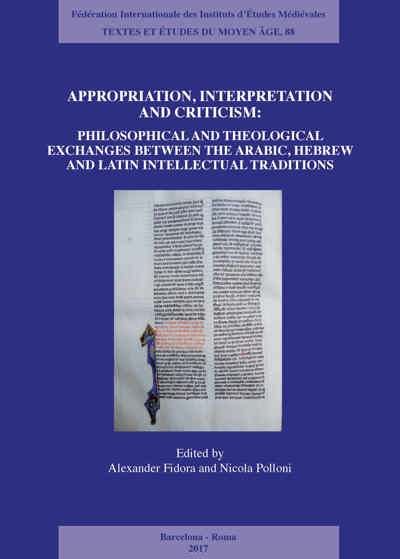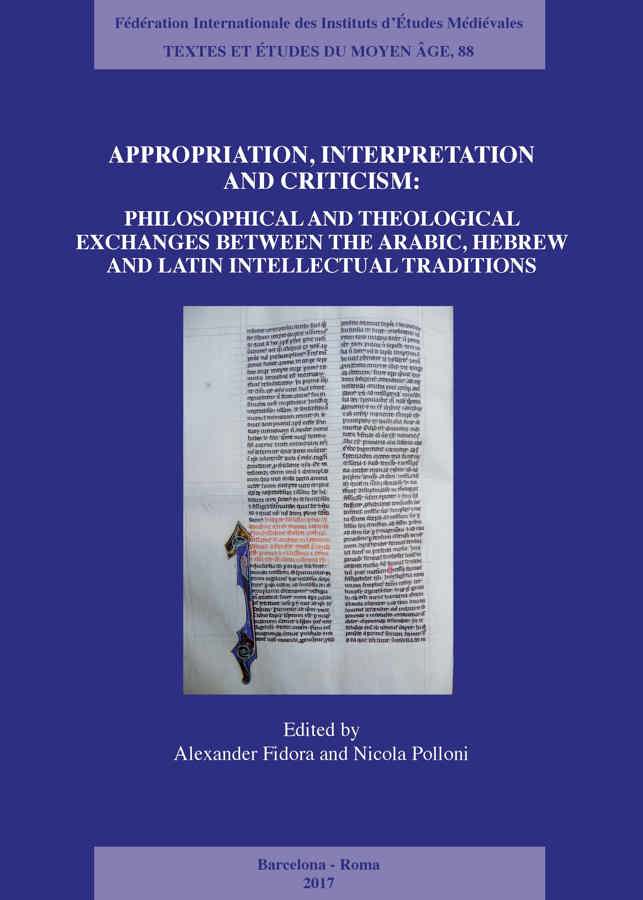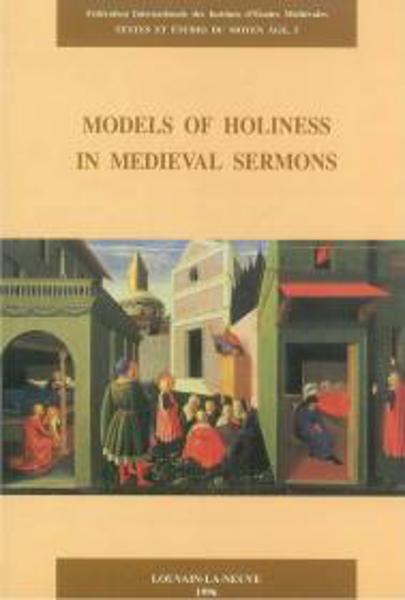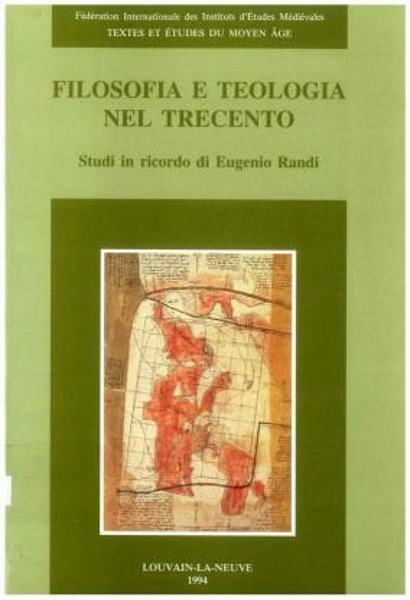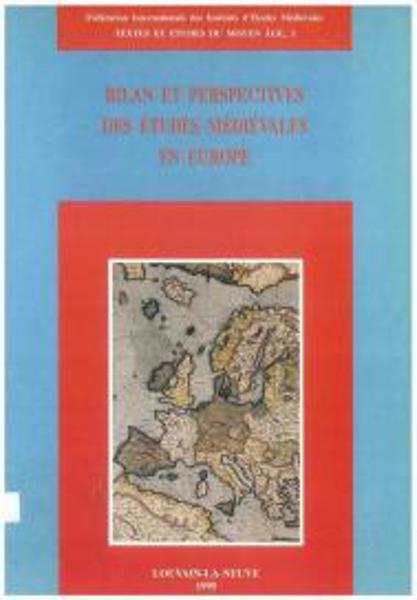
Appropriation, Interpretation and Criticism
Philosophical and Theological Exchanges Between the Arabic, Hebrew and Latin Intellectual Traditions
Alexander Fidora, Nicola Polloni (eds)
- Pages: 336 p.
- Size:165 x 240 mm
- Language(s):English, Italian
- Publication Year:2017
- € 49,00 EXCL. VAT RETAIL PRICE
- ISBN: 978-2-503-57744-9
- Paperback
- Available
- € 49,00 EXCL. VAT RETAIL PRICE
- ISBN: 978-2-503-57746-3
- E-book
- Available
Studying different hermeneutical approaches by Christian philosophers and theologians - such as appropriation, interpretation and criticism - to the Arabic and Hebrew intellectual traditions during the Middle Ages, the fourteen articles contained in this volume show how these processes both challenged and shaped the Western philosophical discourse.
Alexander Fidora is ICREA Research Professor and Executive Director of the Institute of Medieval Studies at the Universitat Autònoma de Barcelona. He has published extensively on the history of philosophy and theology and particularly on the cross-cultural dimension of medieval philosophy. Nicola Polloni is a member of the Institute of Medieval Studies of the Universitat Autònoma. His research focuses on the Toledan School of Translators.
The contributions in this volume are dedicated to cross-cultural exchanges during the Middle Ages among exponents of the Arabic, Hebrew and Latin philosophical and theological traditions. They draw particular attention to the intellectual approaches which shaped the interplays among these traditions - interplays that were characterized by the contact of various languages being used by people of different religious beliefs in their quest for knowledge: Spanish Jews writing in Arabic, Jews collaborating in the translation of Arabic texts into Latin through the vernacular, Western Muslims whose writings were read mainly by Jews and Christians in Hebrew and Latin, etc. Altogether, the eleven studies contained in this book wish to offer new insights into the rich exchanges of knowledge among communities of learning and their scholarly traditions during the Middle Ages and beyond.
Index
Preface
Sarah Pessin, Ibn Gabirol’s Emanationism: On the Plotinian (v. Augustinian) Theology of «Divine Irāda»
Nicola Polloni, Toledan Ontologies: Gundissalinus, Ibn Daud, and the Problem of Gabirolian Hylomorphism
Pedro Mantas-España, Interpreting the New Sciences: Beyond the Completion of the Traditional Liberal Arts Curriculum
Vincenzo Carlotta, La morte e la resurrezione dei corpi nel Dialogo dei filosofi e di Cleopatra e nel Liber de compositione alchemiae di Morieno
Alexander Fidora, Albert the Great and the Latin Talmud
Marienza Benedetto, Alle origini della controversia medievale sulla pluralità delle forme sostanziali: il Fons vitae di Avicebron
Therese Scarpelli Cory, Reditio completa, reditio incompleta: Aquinas and the Liber de causis, prop. 15, on Reflexivity and Incorporeality
Chiara Crisciani, Il Secretum secretorum in Occidente: tre casi
Mauro Zonta, Averroes’ Interpretations of Aristotle’s Metaphysics and Their Different Receptions in the Hebrew Philosophical Tradition
Aum Alexandre Shishmanian, Bagdad, Paris, Lemberg, Etchmiadzin (Arménie), la trajectoire inattendue du Livre des causes
Massimo Campanini, Filosofia e Corano: un percorso ermeneutico tra ontologia e fenomenologia
Index nominum antiquorum et mediaevalium
Index nominum modernorum
